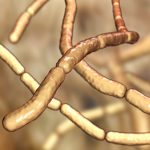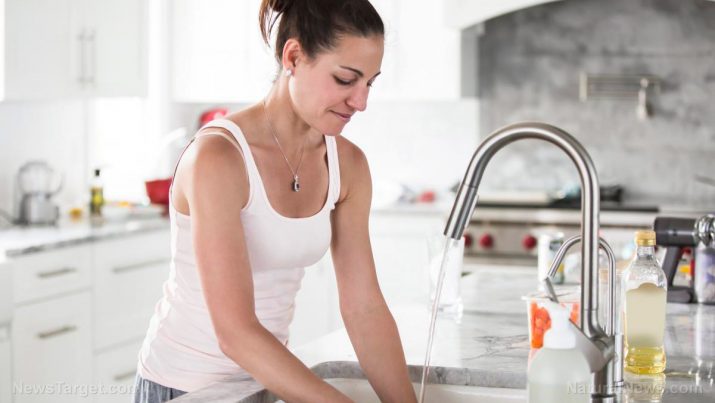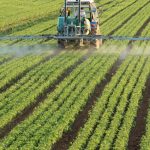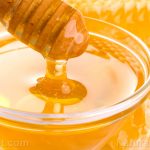
Header Menu
Food safety review: Experts review the risks of different foods
Tuesday, November 14, 2017 by Isabelle Z.
http://www.naturalnewspesticides.com/2017-11-14-food-safety-review-experts-review-the-risks-of-different-foods.html

Lots of traditional advice becomes outdated as we learn more about the way the world around us works. For example, we now know that going outside with wet hair won’t cause you to catch a cold, you can indeed get pregnant if you’re breastfeeding, and it won’t really take seven years for your body to digest an accidentally swallowed piece of gum after all. There are also a lot of misconceptions when it comes to food, and experts recently set the record straight with the Daily Mail on several of the most common ones.
Do you need to wash poultry before consuming it?
Two thirds of people still believe that it’s necessary to wash uncooked poultry before consuming it, but experts say that doing so is actually unsafe as it can spread gastric illness-causing campylobacter and other bacteria around your kitchen. In fact, the U.K.’s Food Standards Agency (FSA) ran a campaign a few years ago warning people not to wash their chicken. Cooking it thoroughly is all it takes to get rid of any bacteria on poultry.
Is it okay to eat peanuts when you’re pregnant?
Some people believe that kids are more likely to develop a peanut allergy – which can potentially be deadly – if their mothers ate peanuts while they were in the womb. However, it actually turns out that the opposite might be true, and the U.K. government is now telling women that eating peanuts is safe in pregnancy unless they happen to be allergic.
Should you eat runny eggs?
Pregnant women, the elderly, and kids have long been told to avoid eating undercooked eggs, but a microbiological food safety advisory committee has found that the egg industry in the U.K. has taken enough steps to improve hygiene dramatically, leading to a notable reduction in the levels of salmonella in the country’s hens. However, they advise cooking eggs thoroughly for those in vulnerable groups if they came from quail, geese or ducks.
Are condiments really harmless?
The very people who obsess over every calorie in the foods they eat can be surprisingly unconcerned when it comes to condiments, assuming they’re almost like spices in the sense that they don’t contribute too much to the big picture. That couldn’t be further from the truth, as some condiments are shockingly high in sugar. For example, Heinz ketchup is 22.8 percent sugars. Soy sauce is 25 percent sugar, and it’s also made with soybeans, which are very often GMO.
Do you need to wash produce if you’re going to peel it?
We wouldn’t blame you for thinking that washing fruits and vegetables is an unnecessary step if you plan to peel them anyway, but the truth is that you need to wash all produce whether you plan to peel it or not. That’s because it’s so easy to transfer any bacteria that is on the peel to the inside of the produce. Even if it’s organic, it could have come into contact with soil contaminated with feces. E. coli outbreaks have been linked to soil on potatoes and leeks, for example. Don’t skip washing melons, either; people have contracted salmonella after the knife used to cut the melon transferred it from the skin to the inside part.
Food safety is of the utmost importance, which is why it’s essential to make sure you stay on top of the latest recommendations. Don’t assume that something is right just because most people do it or believe it; carry out your own research from trusted sources to make sure you’re not doing more harm than good.
Sources include:
Tagged Under: Tags: clean food, cleaning produce, condiments, eggs, food handling safety, food safety, ketchup, old wives tales, Peanuts, peanuts in pregnancy, undercooked eggs, washing poultry, women's health





